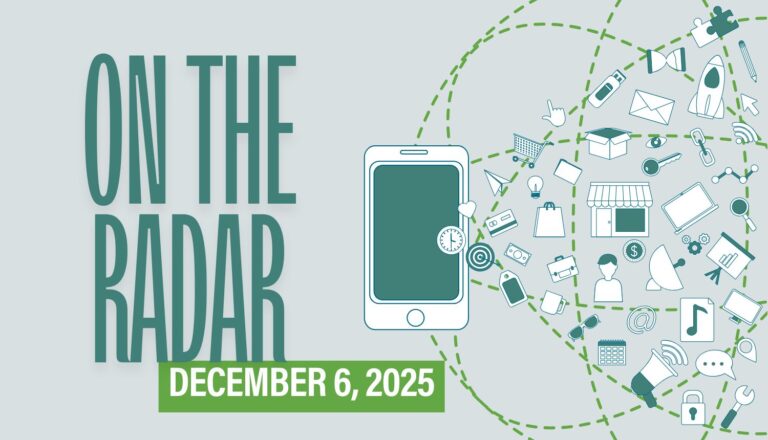
On the Radar: ‘Rage Bait,’ Parenting Forums and the ‘Flip Camera Trend’
Oxford Dictionary’s Word of the Year is “rage bait.” Research shows that online forums can render positive experiences. TikTok’s “flip camera trend” may be a form of bullying.

Oxford Dictionary’s Word of the Year is “rage bait.” Research shows that online forums can render positive experiences. TikTok’s “flip camera trend” may be a form of bullying.
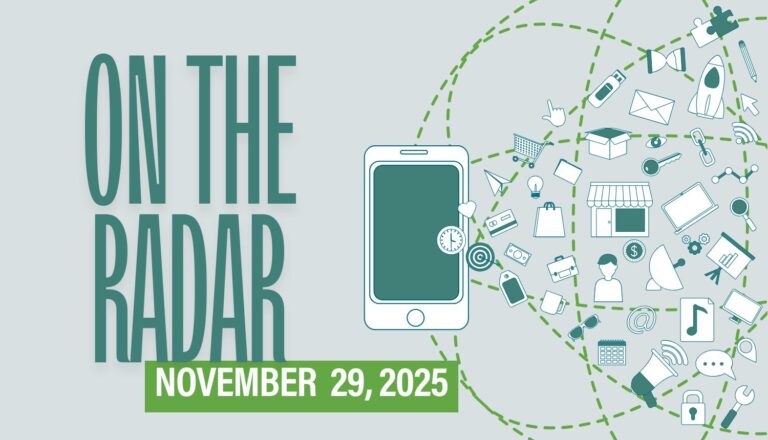
The number of 12th grade students who say they want to marry someday is decreasing. What is “mogging”? What should parents know about Character.AI’s new “Stories”?
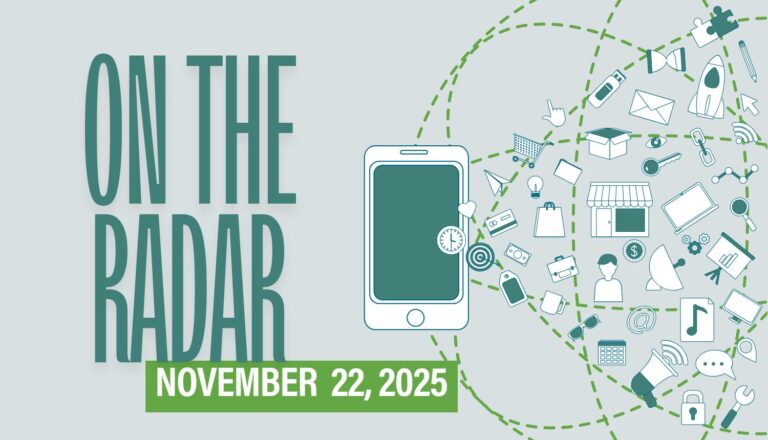
Adults Use Social Media Almost as Much as Teens What? According to Pew Research, 84% of U.S. adults use YouTube, 71% use Facebook, 50% use

A new study assesses the most dangerous TikTok trends. “Vibe coding” is named Collins Dictionary’s Word of the Year. Social media titans fail to have a lawsuit against their platforms dismissed.
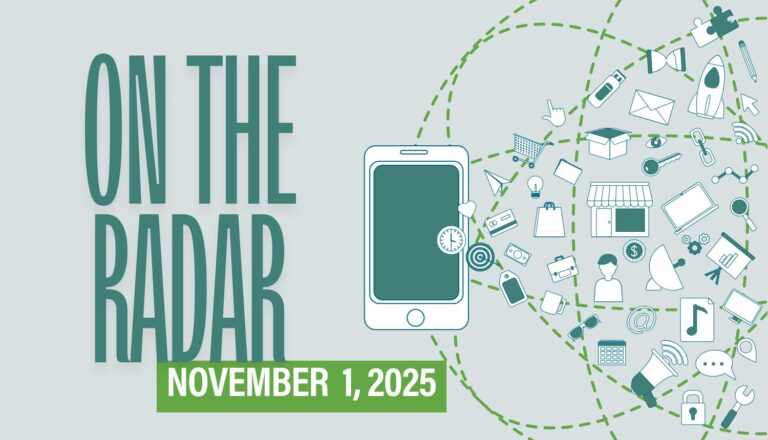
OpenAI is trying to combat AI psychosis. Some teens turned their bedrooms into tech-free zones for a challenge. The ‘clanker’ trend has quickly devolved into a cover for racist remarks.
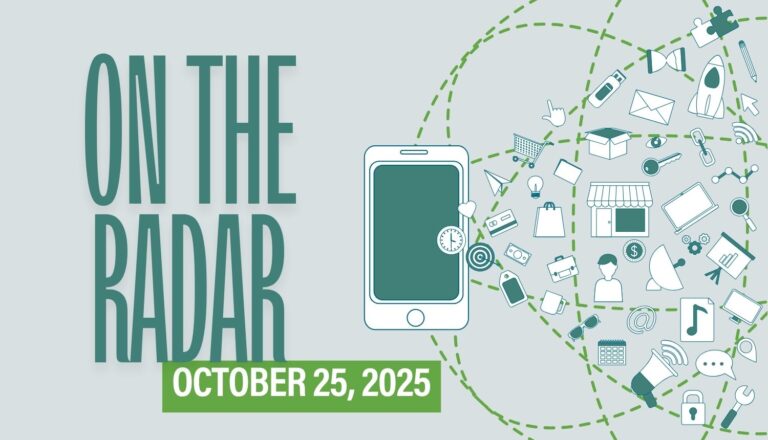
Teens are faking out their parents with an AI prank that could cause real-world problems. What is Group 7? What families need to know about “Instagram face.”

What do parents need to know about ChatGPT’s 18+ features? Is social media negatively impacting your child’s reading skills? How will Instagram’s PG-13 content restrictions affect teen users?

Researchers suggest humans can’t maintain more than 150 friendships. Why are kids saying “41”? Just how bad is the uncensored version of Taylor Swift’s ‘Life of a Showgirl’?

Teens want to “lock in” to their goals. What does that even mean? OpenAI and Meta release AI-based social media apps. How to identify false nutrition advice on social media.

Is it OK for Christians to use AI? If so, how can we do so ethically and responsibly, without compromising our faith or values?
Good media discernment is about guarding our eyes and hearts before we watch or listen. And it’s also about grappling with the entertainment we do see or hear. That’s why the Plugged In Blog is devoted to guarding, discussing and grappling. About Plugged In >>